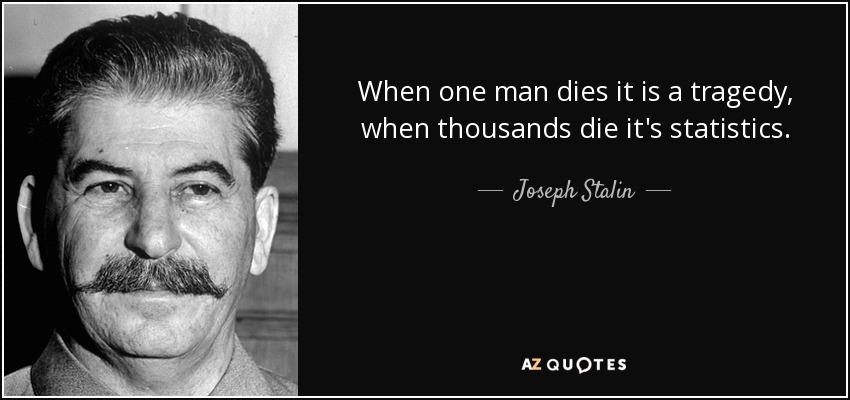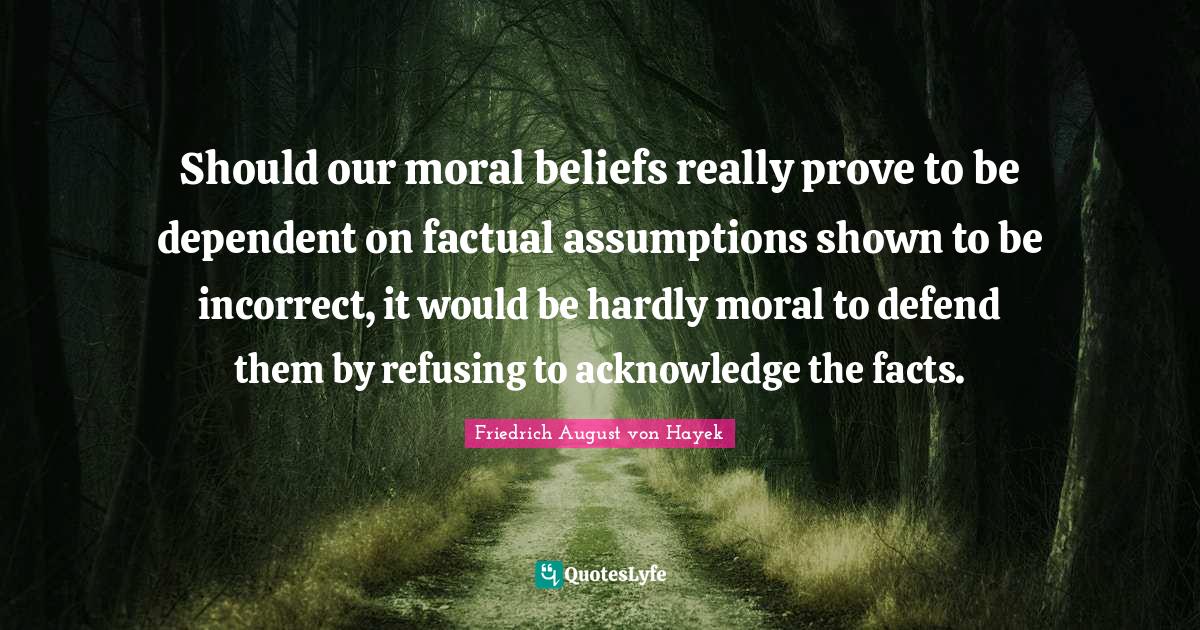Freddy Figbottom
Was it me?
we all just want to be loved."Awwww, sweetie....those nasty girls aren't good enough for my little prince! Yes! You are my little prince! Now let's go get mommy some new lipstick!"

we all just want to be loved."Awwww, sweetie....those nasty girls aren't good enough for my little prince! Yes! You are my little prince! Now let's go get mommy some new lipstick!"

None of us are moral! We're all sinners in need of salvation from the cross!
I believe that this attitude is symptomatic of the tendency of many on the left to see those on the other side of the political debate as inherently bad people, even sometimes as less than human.
Moral superiority - Wikipedia
en.wikipedia.org
Discuss.
BTW, yes, she said that.

None of us are moral! We're all sinners in need of salvation from the cross!View attachment 37754
Crucifixion is not salvation.None of us are moral! We're all sinners in need of salvation from the cross!View attachment 37754
So?Anne Frank was a Jew.
So you have no reason to make such a random statement. Okay.
So you have no reason to make such a random statement. Okay.
Legion needs a full-on exorcism.None of us are moral! We're all sinners in need of salvation from the cross!View attachment 37754
Not a nickel's worth of difference here:
I believe that this attitude is symptomatic of the tendency of many on the left to see those on the other side of the political debate as inherently bad people, even sometimes as less than human.
Moral superiority - Wikipedia
en.wikipedia.org
Discuss.
BTW, yes, she said that.



Not a nickel's worth of difference here:


Now, a more reasoned view would be:


That is, you can't have morals unless you are dealing with facts.
This isn't Germany and it's not 1940. There are no Nazis.
The DEMOCRAT party and their protests, such as the one pictured here (another false flag operation), is all about your own 'elitism'. You're a nothing. You deny history, you deny science, you deny logic, you deny mathematics, you deny and discard the Constitution of the United States, and constantly refer to you and yours as 'experts'.
You are a nothing, and those of you who break the law will be prosecuted.
Trump isn't a socialist, Sybil. DEMOCRATS ARE!According to these loons the primary difference between MAGA and Nazi is that this isn’t the 1940’s. That’s fuckin’ hilarious!
Electro-therapyLegion needs a full-on exorcism.
Posting images of yourself again, Sybil?
Plump ‘em pusilanimius paraphilan pinky plopped!Posting images of yourself again, Sybil?
